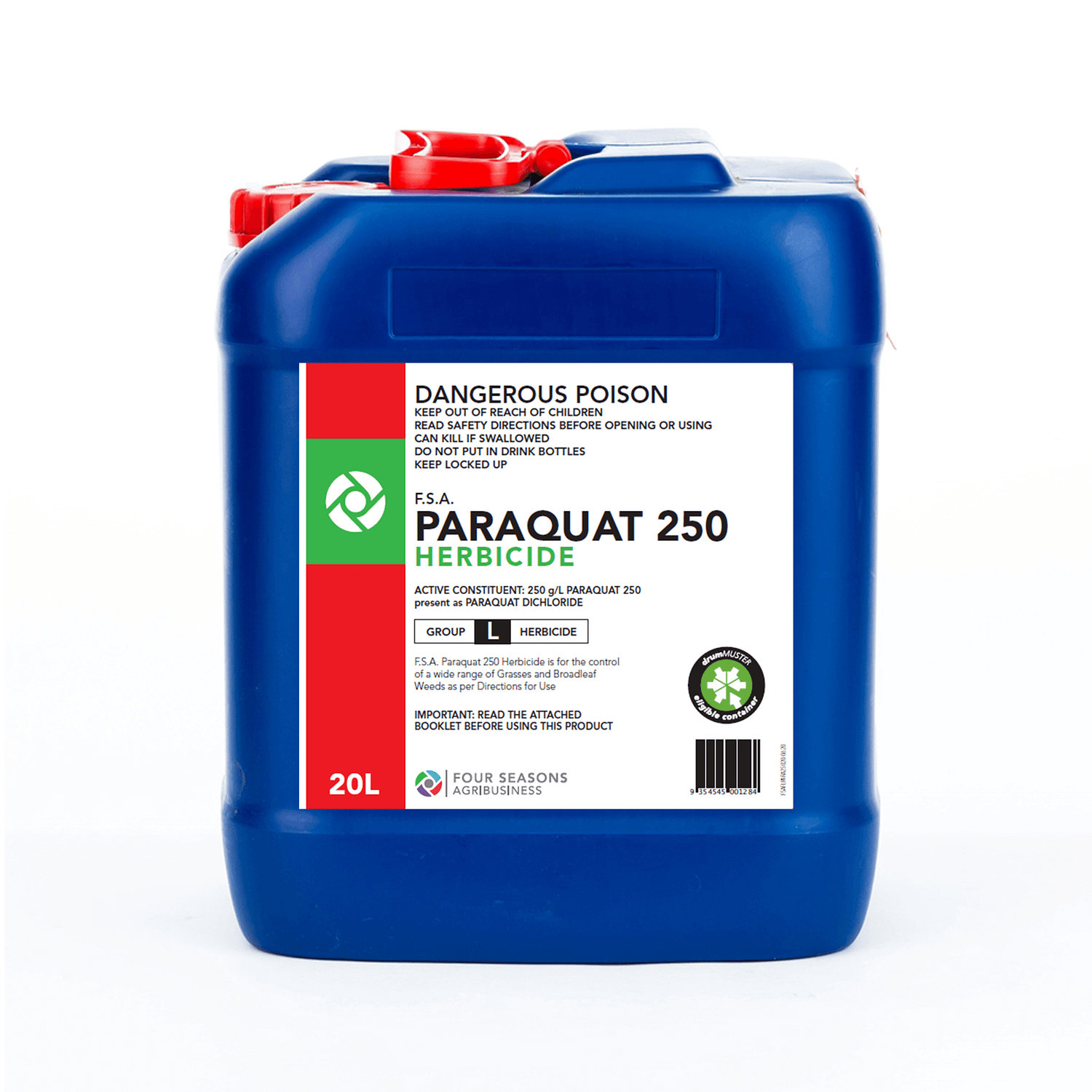Paraquat And Parkinson's Disease
Paraquat And Parkinson's Disease
Research linking herbicides containing paraquat with the development of Parkinson's disease in humans is strong enough to result in 30 nations banning the substance. The United States is not, however, one of them; or at least not yet.
Multiple organizations in the U.S have lobbied the Environmental Protection Agency to declare paraquat to be unsafe and prohibit herbicides containing it from being used in this country, but until the EPA or Congress takes a position in favor of public health and welfare, the use of paraquat continues and untold numbers of people continue to be harmed by it.
If you or a loved one have been diagnosed with Parkinson's disease after exposure to a weed killer containing paraquat, you may have a claim against the manufacturer of the product for compensation for your damages. Contact DrugInjuryHelp.Today to be put in touch with attorneys throughout the country capable of aggressively fighting to obtain justice and the compensation that you deserve.
What is paraquat?
Paraquat is a highly toxic substance proven to be extremely effective when used in herbicides to kill weeds and other types of unwanted vegetation.

The EPA currently lists paraquat as a chemical restricted to use only by licensed, commercial users, including:
- Farmers
- Landscapers
- Groundskeepers
- Agricultural workers
People working in chemical plants where herbicides and other products made with paraquat are as much at risk of suffering harm from exposure to it as are those individuals working jobs involving the application of the product. Someone living near locations where paraquat is regularly used, such as people in homes built near farms or golf courses, may be exposed to the chemical through inhalation of the product carried by the wind.
Paraquat is used extensively throughout the U.S. to control weeds and also as a defoliant making it the most widely used herbicide. It is, however, toxic to humans and animals. Some of the products sold on the market to licensed users include Cyclone, Helmquat, Parazone, and one of the most popular products containing paraquat, Gramoxone.
What is the link between paraquat and Parkinson's disease?
Parkinson's disease affects nerve cells in the brain causing a reduction in the production of dopamine. Decreased levels of dopamine cause gait movements, tremors, and other symptoms people usually associate with the disease.
A person with Parkinson's disease may experience non-motor symptoms as well, including the following:
- Changes in mood, including apathy.
- Depression.
- Insomnia or other sleep disorders.
- Cognitive impairments.
- Sensory impairment, such as loss of the sense of smell.
The symptoms associated with the disease are treatable even though Parkinson's disease is a progressive disorder for which no cure currently exists.
Research into the effects of exposure to the ingredients in weed killers and other herbicides in humans has linked paraquat and the development of Parkinson's disease. Studies found a decreased sense of smell in laboratory mice after they inhaled paraquat, which supported the findings of other studies proving that inhaled substances traveled to the brain by way of the olfactory nerve.
Researchers have shown that farmers and agricultural workers exposed to paraquat while working had a higher risk of developing Parkinson's disease. Experiments with mice inhaling paraquat showed it to be capable of destroying neurons that produce dopamine, creating a link to some of the symptoms exhibited by people with Parkinson's disease.
The National Institutes of Health published the results of a 2011 study that found an increase in the rate of development of Parkinson's disease in people following exposure to paraquat. In addition to inhalation, people can absorb paraquat through the skin either while handling it or during application.
What to do when health issues arise?
If you develop Parkinson's disease or other health issues and suspect that you were exposed to paraquat, see a doctor for a physical examination as soon as possible for proper evaluation, diagnosis, and treatment. You may be entitled to recover damages against the maker of the product you used or were exposed to that contained paraquat.
Damages recoverable in a paraquat lawsuit may include the following:
- Lost earnings
- Diminished or lost future earning capacity
- Medical expenses
- Physical therapy and rehabilitation expenses
- Costs associated with long-term care and treatment.
- Pain and suffering
- Punitive damages
Lawsuits are being filed throughout the country seeking damages for people who developed Parkinson's disease after exposure to paraquat. If you believe you may qualify to sue for damages, do not delay. The law puts time limitations on how long you have to file a lawsuit to recover compensation for injuries caused by exposure to dangerous, harmful substances.
How we can help
We are a marketing service that connects you with local lawyers in your area who handle paraquat litigation. Let us put you in touch with an aggressive and capable lawyer committed to fighting for your rights to be compensated for the harm inflicted upon you by a dangerous chemical.